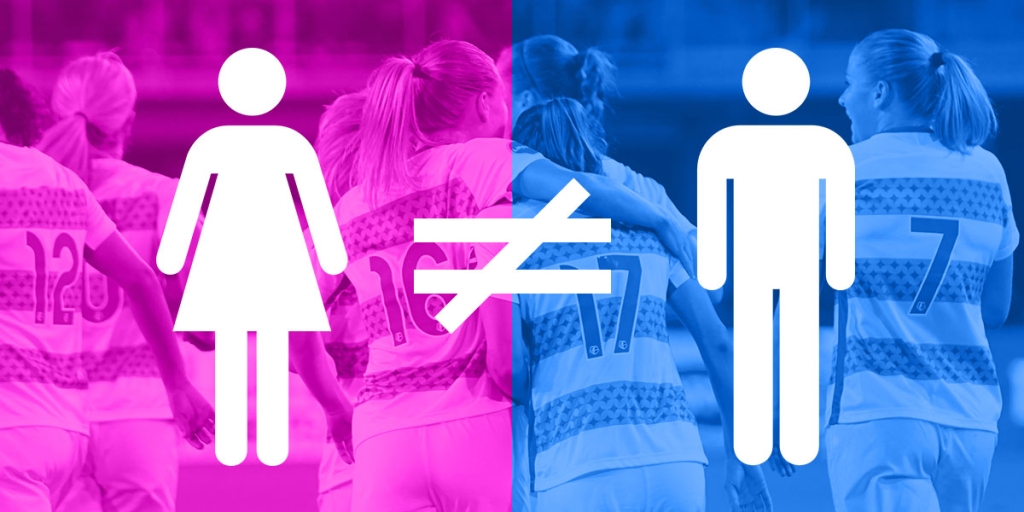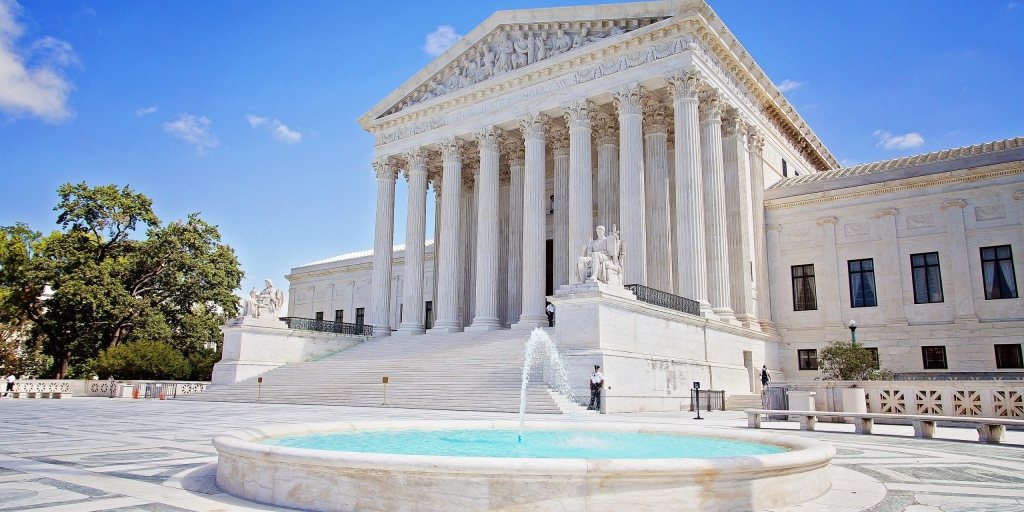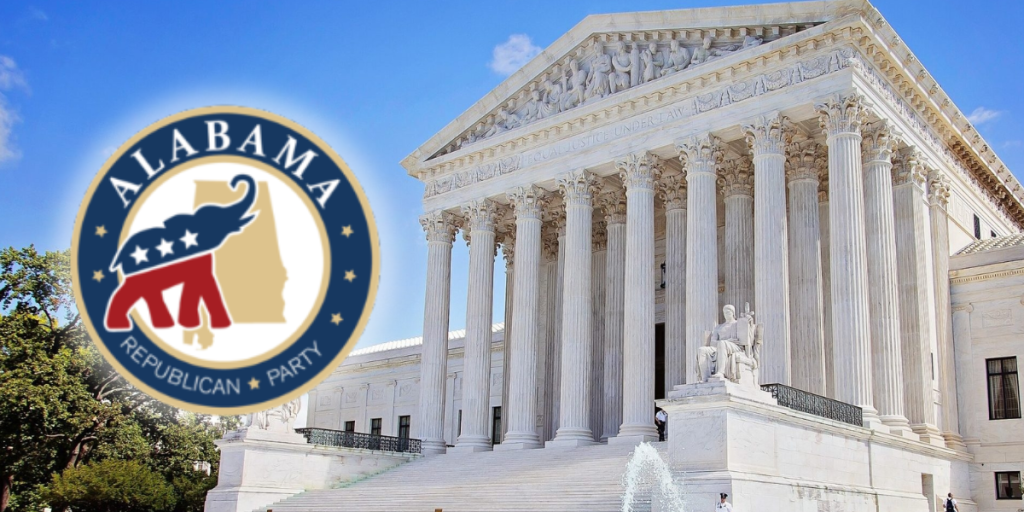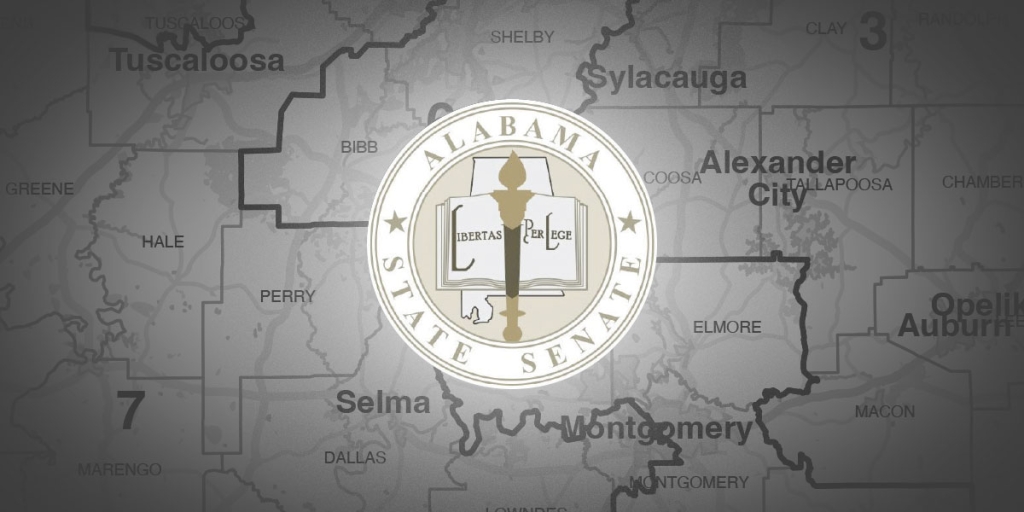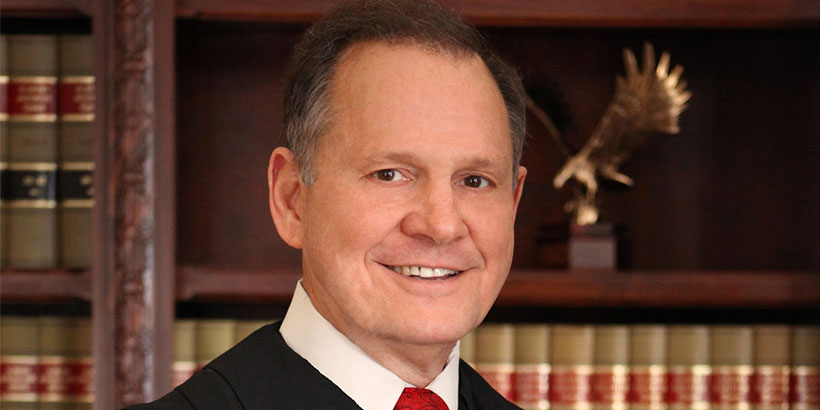
Financial strain is causing ousted Alabama Chief Justice Roy Moore to pursue a sped-up appeal process with a specially selected panel of judges. According to new reports, he is willing to waive oral arguments to move the case along.
The next scheduled oral argument in Moore’s case is set for April 26th, which is placing a strain on the former judge and his family. His suspension from the bench means that Moore is prevented from collecting his salary and benefits from the state.
Mat Staver, Moore’s legal counsel, says he believes the former judge should ultimately prevail in the case.
“Any objective review of this case must conclude that Chief Justice Moore did nothing wrong and should have never been charged,” said Staver. “The Judicial Inquiry Commission violated the rule of law and the COJ violated clear law when it de facto removed Chief Justice Moore when the order admits the court did not have the required unanimous vote to remove. In the meantime, the Chief Justice is left without income to survive. This case is fully briefed and ready for an expedited resolution.”
Moore was suspended without pay for his defiance of the U.S. Supreme Court’s ruling on same-sex marriage back in September. The Alabama Court of the Judiciary found that Moore’s order instructing probate judges to violate the SCOTUS decision violated judicial ethics and suspended him for the remainder of his term.
If upheld, the suspension ensures that Moore will never sit on the court again. The Alabama state constitution prevents people at or above the age of 70 from running for a seat on the Supreme Court. When Moore’s current term expires in 2019, he will be 71.
“This was a politically motivated effort by radical homosexual and transgender groups to remove me as Chief Justice of the Supreme Court because of outspoken opposition to their immoral agenda,” Moore said after the ruling. “This opinion violates not only the legal standards of evidence but also the rule of law which states that no judge can be removed from office except by unanimous vote.”
Moore was previously removed from the bench in 2003 when he refused to remove a monument of the Ten Commandments from the Alabama Judicial Building. He was re-elected Chief Justice in 2012.






